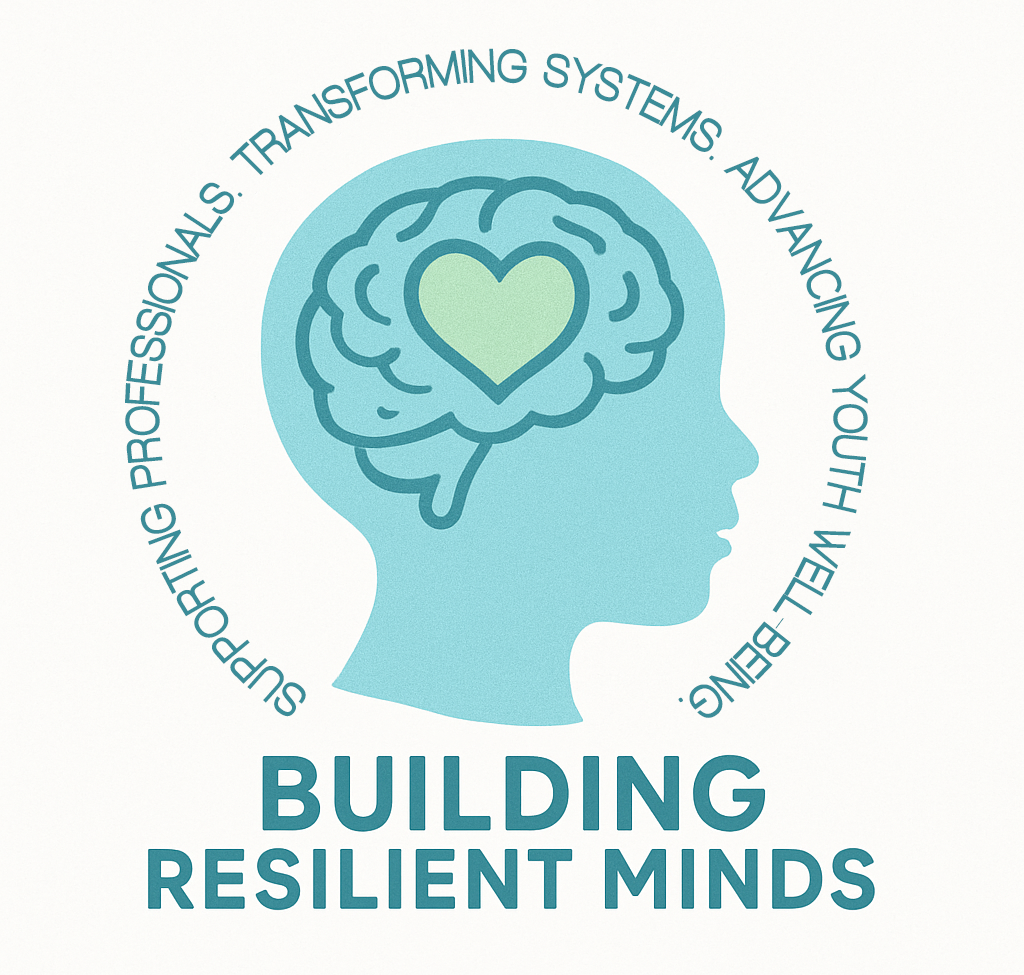Systems Consulting
Building a Trauma Responsive MTSS
Your School Can’t Afford to Wait—Lead with Trauma Responsive MTSS
The well-being of your students and staff depends on the systems you lead today. These high-impact consultations are designed for PK–12 and afterschool leaders ready to move from talk to transformation. Together, we’ll tackle five core trauma-responsive elements to transform your school, decrease negative behaviors, increase attendance, reduce staff turnover, and create a positive culture where everyone thrives.
Resilient Youth, Resilient Adults, Resilient Schools
Resilient Youth Means Resilient Adults who build and implement Resilient Policies and Practices consistently
This advanced train-the-trainer program equips school mental health staff, principals, and administrators across after school, early childhood, and out-of-school time programs with the tools to lead trauma-responsive change in their own communities.
Using Implementation Science For Lasting Youth Outcomes
From Great Ideas to Measurable Impact
You’ve seen it before—an exciting initiative or proven program is introduced with the best of intentions, but it fizzles out, stalls, or never reaches its full potential. The problem isn’t the idea—it’s the implementation.
These consultations are designed to help school and nonprofit leaders move from “knowing” to truly “doing” using Implementation Science to maximize outcomes for children and youth.
Walk away with a practical, customized roadmap that turns good ideas into sustainable, measurable change.



